Oman: The Gulf’s Go-Between
On November 18, 2015, U.S. Secretary of State John Kerry took the highly unusual step of attending the Omani national day celebration in Washington, DC.
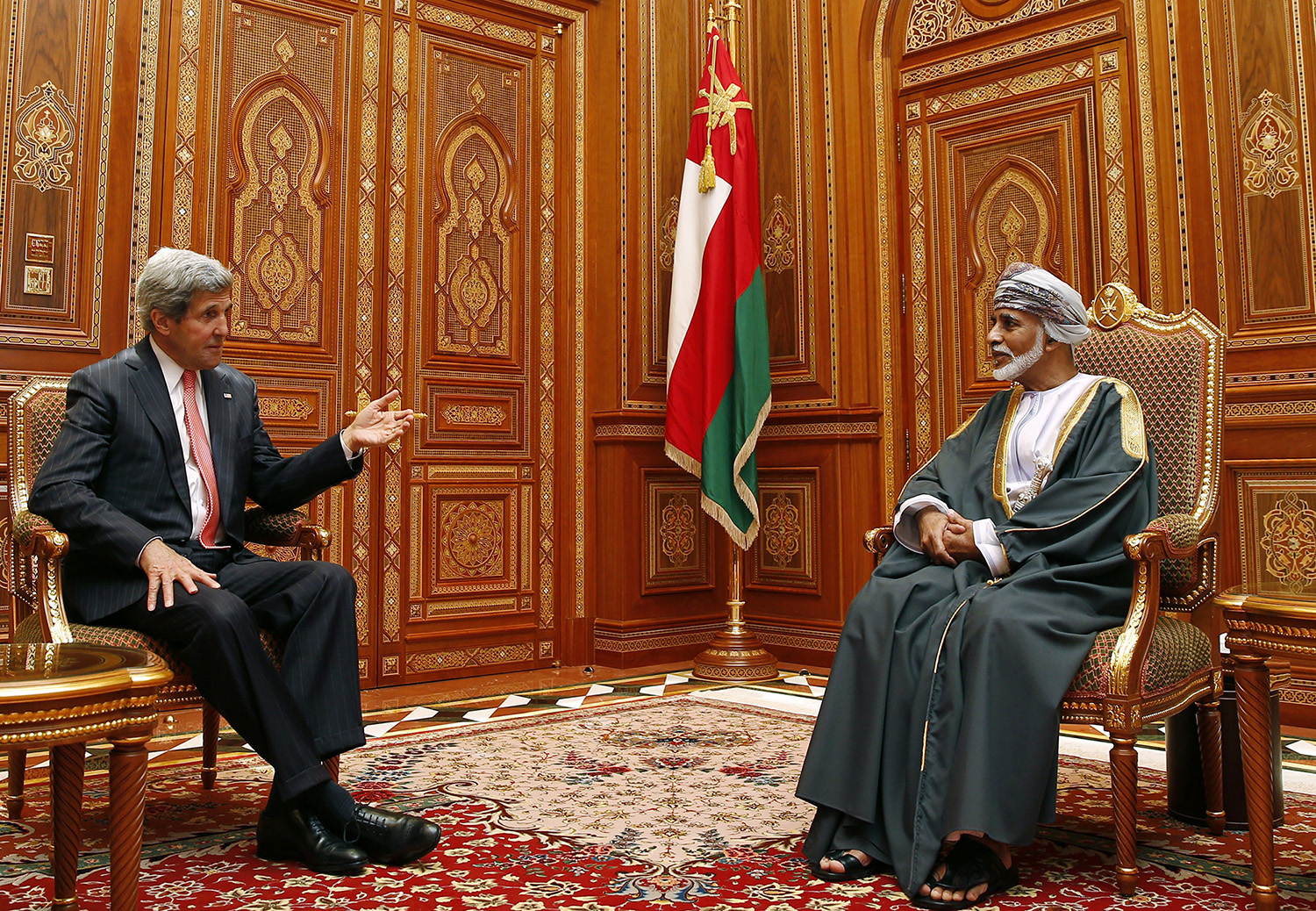
Executive Summary
On November 18, 2015, U.S. Secretary of State John Kerry took the highly unusual step of attending the Omani national day celebration in Washington, DC. This rare recognition underscores the Obama administration’s deep appreciation for Sultan Qaboos bin Said’s leadership in helping bring Iran and the United States to the negotiating table, which ultimately led to the Joint Comprehensive Plan of Action, the U.S.-led nuclear deal with Iran. This sign of respect for Qaboos coincided with his 45th anniversary on the throne, making him the Arab world’s longest serving monarch. After decades of his rule, Washington clearly appreciates the unique role Oman has carved out for itself as both facilitator of quiet dialogue and mediator on sensitive issues such as the release of prisoners.
In October 2015, for example, Oman briefly entered the frontlines of diplomatic efforts in Syria, as Qaboos dispatched his close aide and Minister Responsible for Foreign Affairs Yusuf bin Alawi to Damascus to convey a message from Kerry to Syrian President Bashar al-Assad. In early February 2016, Russian Foreign Minister Sergei Lavrov traveled to Muscat to emphasize what a Foreign Ministry spokeswoman called “the need for a speedy political and diplomatic settlement of current conflicts in the region.” Syrian peace talks dominated the agenda for the meetings, and conversations could have focused on Assad’s future, and whether to find a home for him and his family, even possibly in Oman. The sultanate has already given refuge to several members of the family of Libya’s Muammar Gaddafi, a move that, in line with Oman’s neutrality-based foreign policy, it has described as a humanitarian gesture.
Qaboos’ preferred role appears to be that of a go-between. That said, Oman has taken a proactive approach to help facilitate negotiations in neighboring Yemen, viewing the instability the war there is spawning as an existential threat, although rising Saudi-Iranian tensions may limit Oman’s role in efforts to resolve the conflict.
The views represented herein are the author's or speaker's own and do not necessarily reflect the views of AGSI, its staff, or its board of directors.


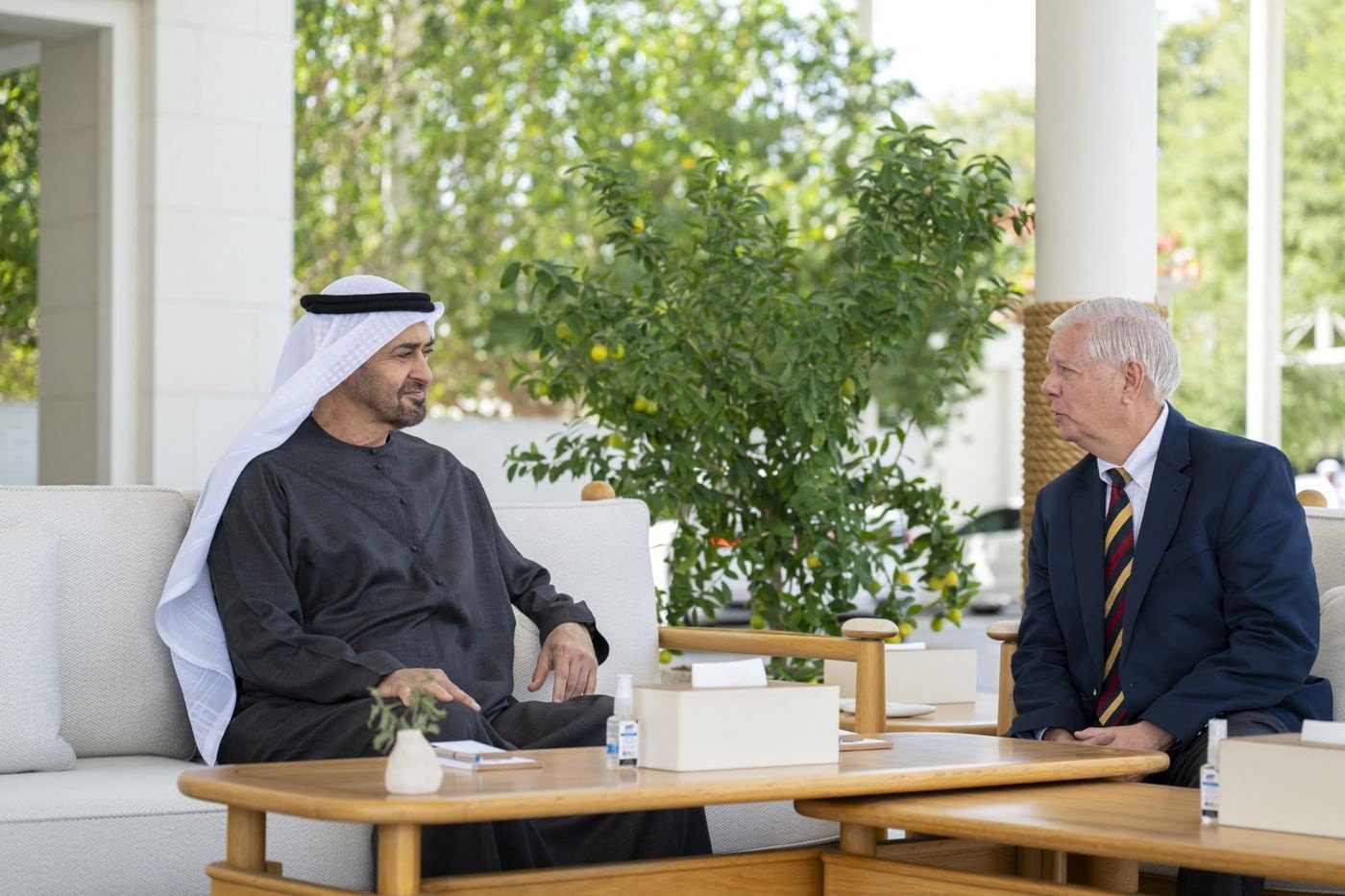

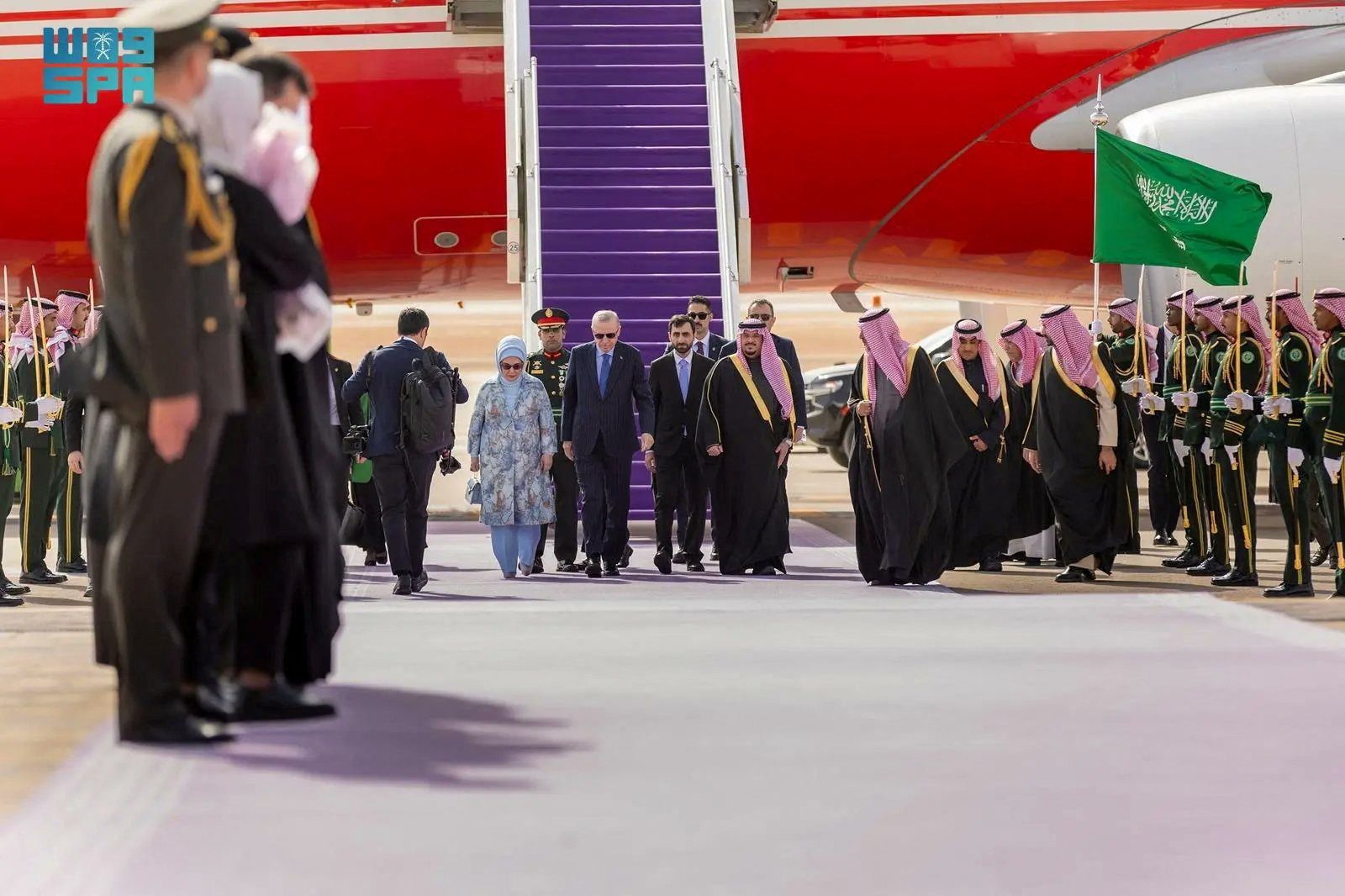
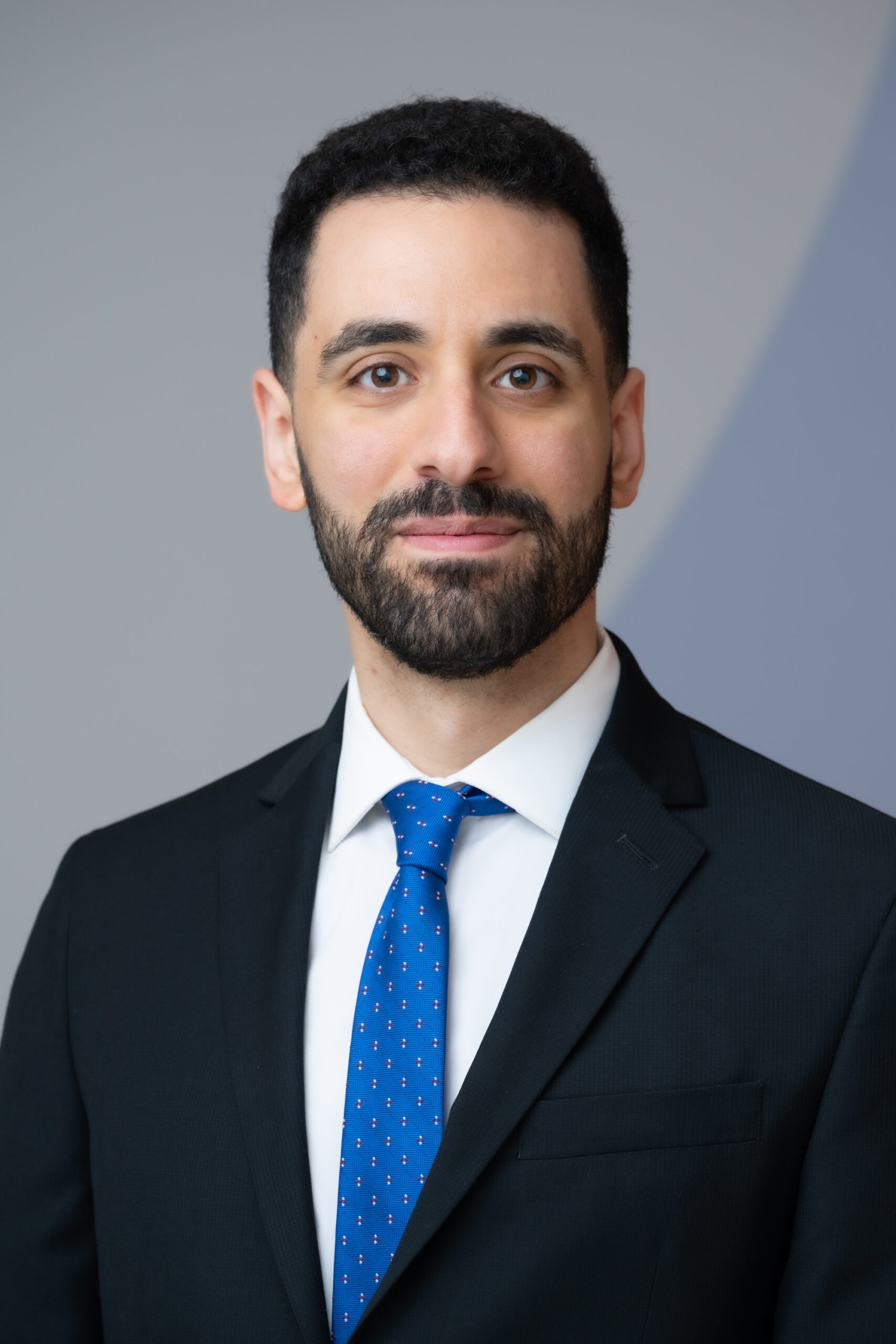
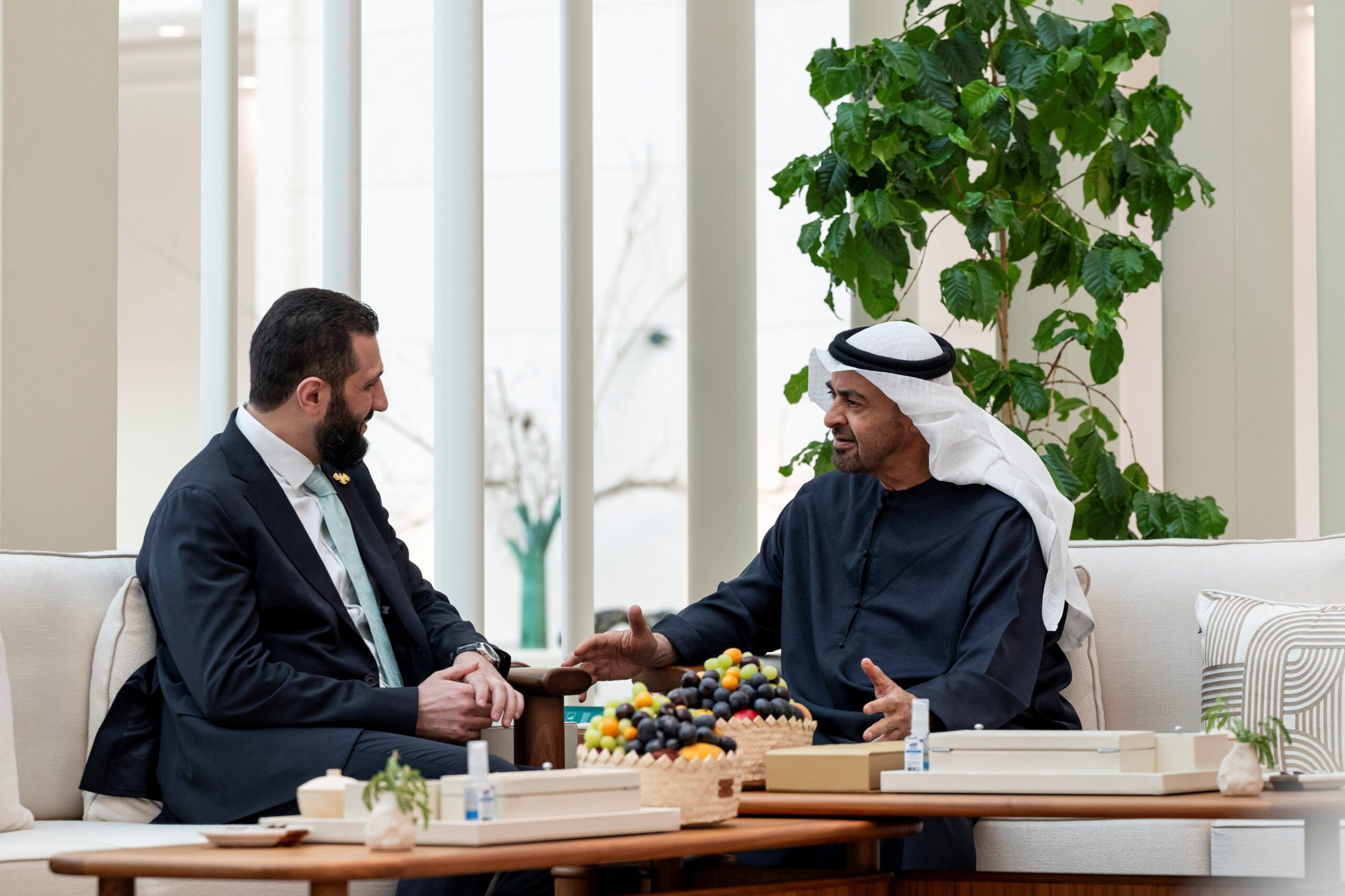
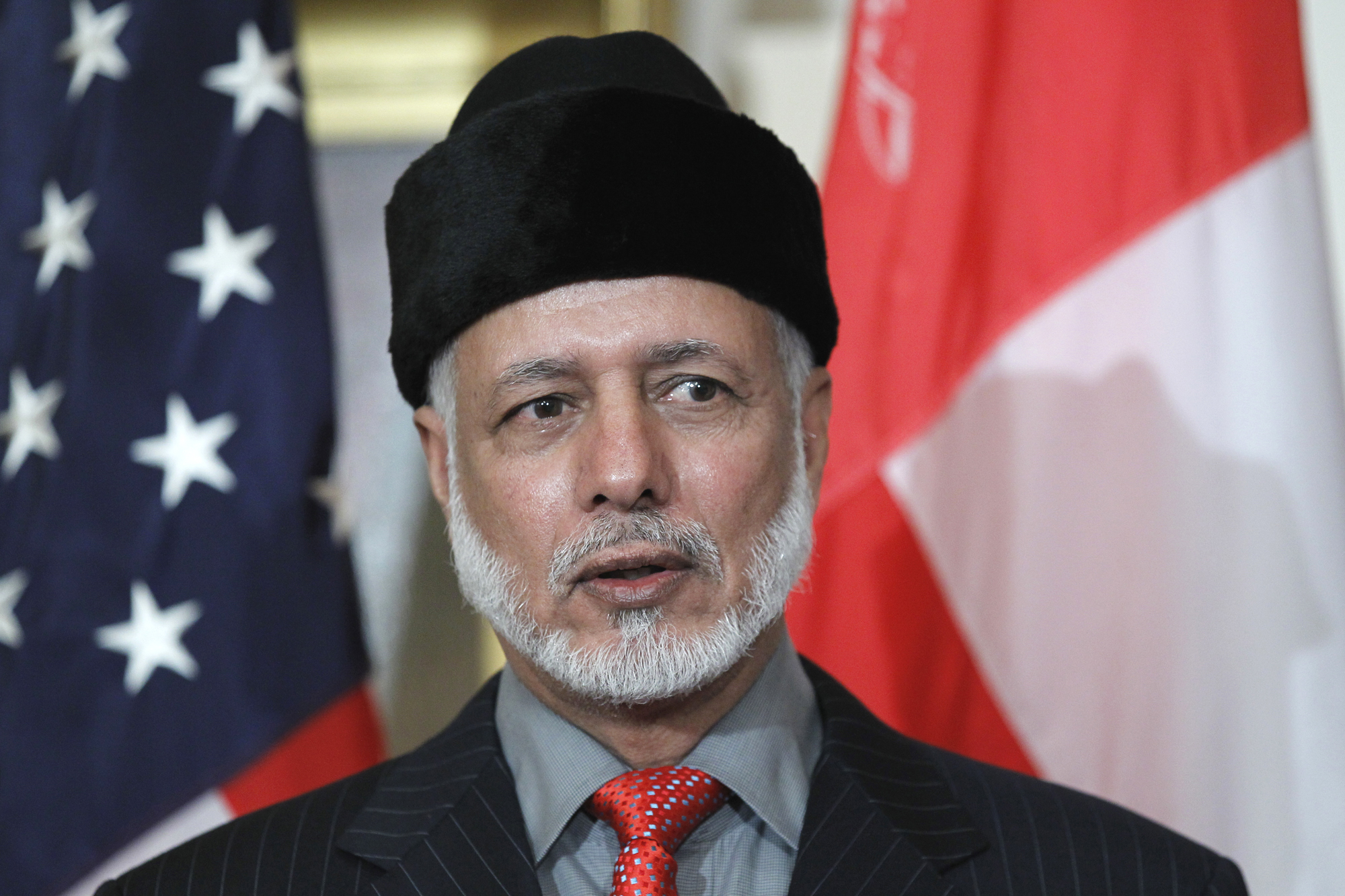
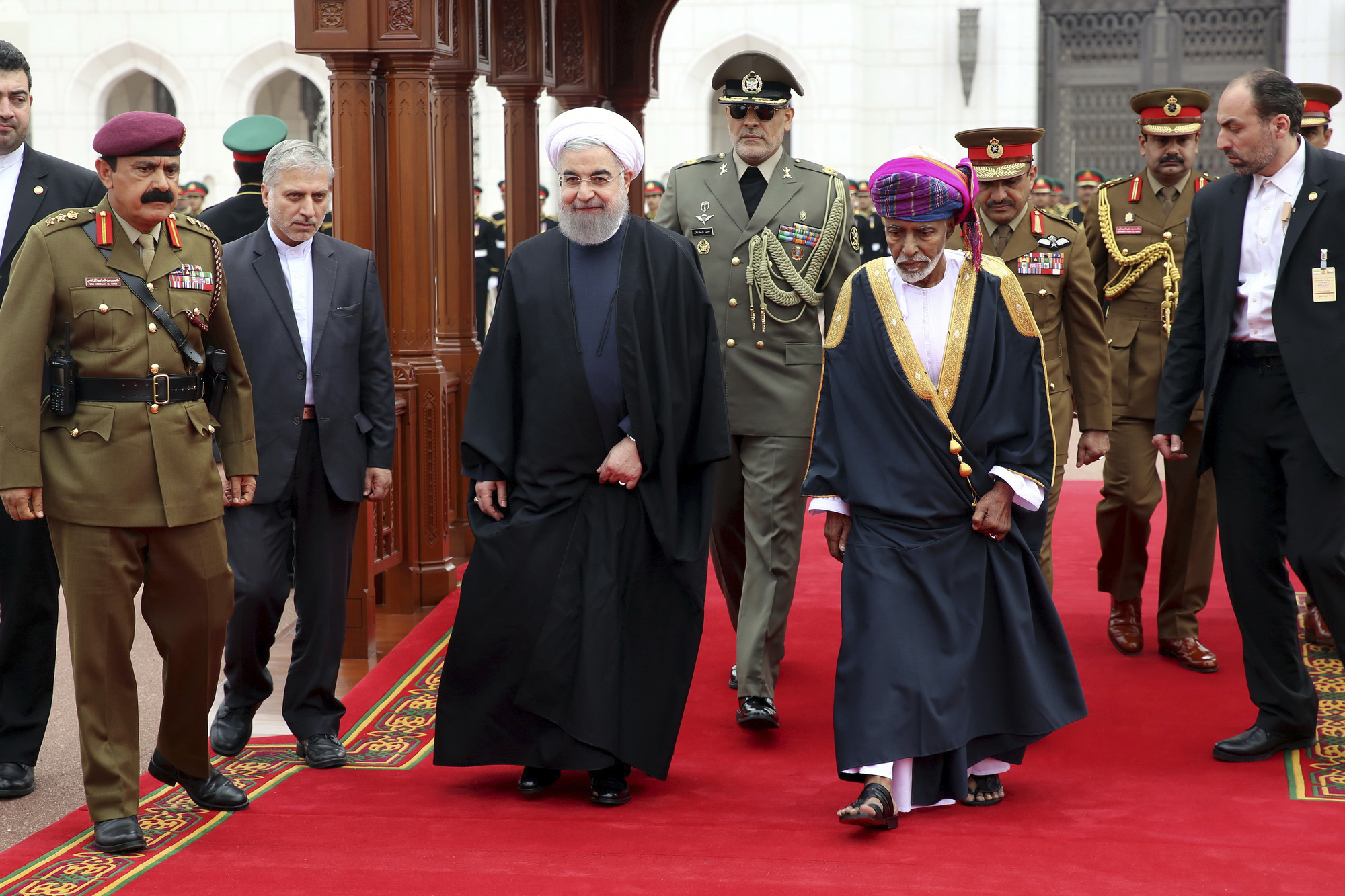

Jan 3, 2017
Will Trump Preserve Obama’s Iran Policies?
Since winning the greatest political upset in modern American history, Donald Trump has since taken on the US defense industry by publicly questioning whether Boeing was overcharging the American taxpayer for its government contract to build the next version of Air Force One, the presidential jet.
6 min read